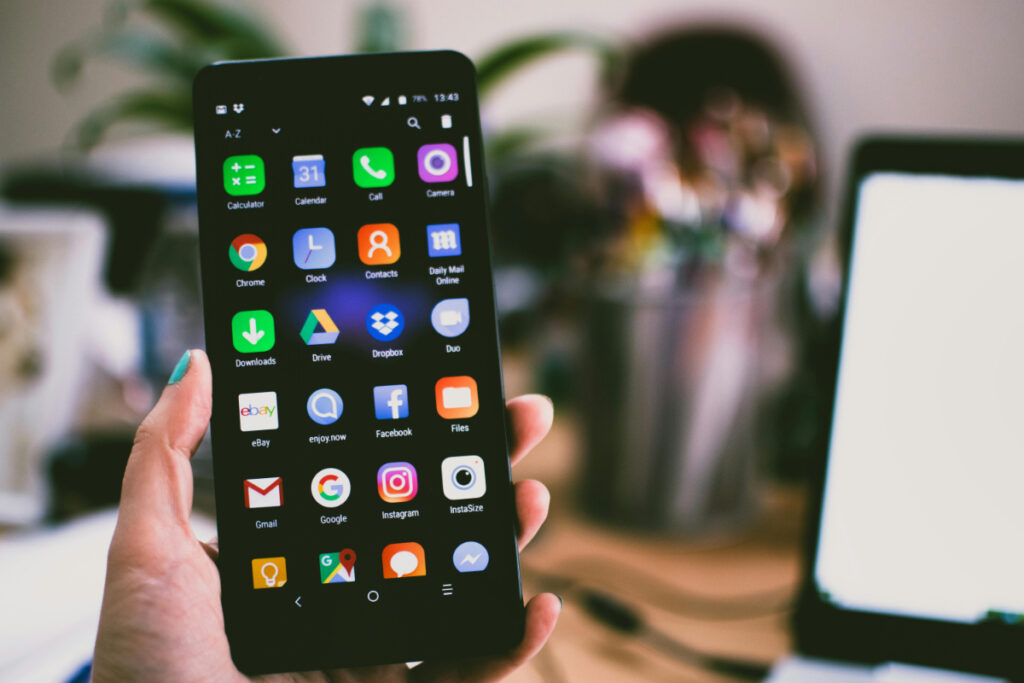Over the last decade, gaming has become a mobile affair.
In the past, gamers stuck to their preferred consoles or PCs. However, starting in the 2010s, advances made in smartphone technology saw a new horizon expand—one in which casual mobile gaming would excel. For the first time in history, non-gamers could find more relaxed titles to suit their interests.
For years, the number of casual games available in the Apple App and Google Play stores proliferated. Some releases were duds, while others gained cult followings. Slowly but surely, smartphones began to take over a larger share of the gaming industry.
Today, mobile gaming is the largest sector of the global industry. But could the future of gaming actually shift toward mobile play? Or will mobile gaming serve a supporting role in the more competitive gaming world? Let’s take a closer look.
Casual Gaming Won’t Move from Mobile
Mobile gaming took over for one key reason: the rise of casual and hyper-casual games. This covers a massive range of titles that console and PC games typically don’t cover. For example, casino games are more popularly played on mobile devices, including hits like roulette.
Fans of roulette can play via a web browser to access platforms like PokerStars Casino—or they can download the mobile app. The mobile app is the preferred choice in most cases. Along with casino games, other casual hits include puzzles, word games, and simulations.
Because these games are played on the go and usually for shorter gaming sessions, they’re geared toward mobile—and that isn’t likely to change. In other words, the mobile takeover is mostly applicable to casual and hyper-casual games.
A Question of Connectivity
Another reason why mobile isn’t likely to take over the competitive gaming world is challenges related to connectivity. The rise of mobile gaming correlates to the roll-out of 5G networks, which have helped make mobile gaming more seamless. That being said, at a larger and more competitive level, the average smartphone can’t handle a gaming-caliber connection.
This is likely to change in the future as 6G networks become a reality. However, it’s unlikely that Wi-Fi will be able to compete with the reliability of the networks used in competitive console and PC gaming circuits. Without that connectivity, competitive gaming simply can’t evolve.
Challenges for Gameplay, Mechanics, & Controls
The most obvious challenge for mobile gaming is its limited controls. Most mobile gamers are working with a small touchscreen, which greatly limits the types of mechanics, gameplay, and controls that developers use. And that prevents mobile gaming from becoming more immersive for players.
Immersive elements aside, the mobile gaming experience simply hasn’t evolved to hammer out these technical obstacles. Even the most advanced and gaming-centric smartphones on the market face challenges related to the hardware. A smaller device, it seems, greatly limits its gaming potential.
On top of that, the fragmented nature of gaming has created challenges for developers. Many of the titles available for competitive mobile play are also available for console and PC. Players who want to compete at the highest level and go pro are likely to swap out their smartphones for a more competitive piece of hardware.
A Perception of Quality
One of the most pervasive challenges for mobile developers is the idea that mobile games aren’t as high quality as console and PC releases. Once again, this points back to the hardware in use. Smartphones are smaller and, even when geared toward gaming, must fulfil other purposes.
In other words, in terms of quality and gameplay, mobile games are still regarded as more casual and less impactful. While indie mobile games have earned global acclaim thanks to their unique premises, they’re often working against the perception that mobile games are inferior.
Until mobile game developers are able to create releases that are as competitive as they are innovative, that’s not likely to change. However, with hits like Garena Free Fire gaining a global following, that future might be more within reach than previously thought.









No in VR
I play games all the time on my phone.
I agree I use my cell phone for games all the time. I get bored when Im in class at school.